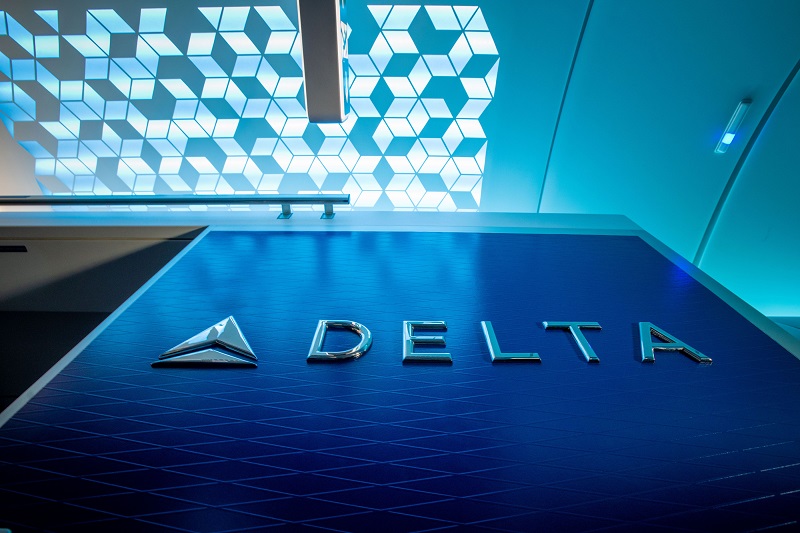Renewed environmental focus in $US1 billion Delta commitment.
17 February, 2020
4 min read


Every emission on the ground or in the air will come under the microscope as part of a $US1 billion commitment by Delta Air Lines to become the world’s first carbon-neutral airline.
Starting March 1, 2020, Delta will begin a 10-year journey to mitigate all emissions in its global business.
The announcement came as Barron's named Delta the most sustainable airline in an analysis of the biggest 1000 US companies by market value.
Watch amazing A380 crosswind landing at Heathrow
The ranking recognized achievements such as the airline's decision to cap emissions at 2012 levels, despite 20 percent growth, and a reduction in emissions since 2005 of 9 percent.
The renewed Delta environmental push will include efforts across the company to reduce the use of jet fuel, increase efficiency, advance clean air technologies and reduce waste.
Delta says areas of focus will include an ambitious fleet renewal program, improved flight operations, weight reduction and the increased development and use of sustainable aviation fuels.
The company will invest in “innovative projects and technology” to remove carbon from the atmosphere.
These will include carbon removal opportunities through forestry, wetland restoration, grassland conservation, marine and soil capture as well as other negative emissions technologies.
It will also build partnerships with its employees, suppliers, partners and industry colleagues to address the issue.
Delta CEO Ed Bastian conceded in the company’s announcement that there was no single solution for environmental sustainability.
“We are digging deep into the issues, examining every corner of our business, engaging experts, building coalitions, fostering partnerships and driving innovation,” he said.
“We are on a journey, and though we don’t have all the answers today, we know that our scale, along with investments of time, talent and resources will bring meaningful impact to the planet and ensure the sustainability of our business for decades to come.”
One problem for all airlines is the industry's dependence on jet fuel. While there are projects looking at electric aircraft for short-range flights, long-haul services will continue to use jet fuel for the foreseeable future.
Bastian acknowledged this on CNBC's "Squawk Box" when he said the airline would continue to use jet fuel “as far as the eye can see”.
“We’ll be investing in technologies to reduce the impact of jet fuel but I don’t ever see a future where we’re eliminating jet fuel from our footprint,’’ he said.
Part of the Delta push will be an investment in sustainable aviation fuels. The technology has been available for years but there have been problems ramping up to meaningful production levels.
To help it achieve a target of carbon-neutral growth from 2020, the international aviation industry is introducing a global carbon offset scheme, known as CORSIA
The International Air Transport Association estimates CORSIA will generate $US40 billion in climate change funding and offset around 2.5 billion tonnes of CO2 between 2021 and 2035.
Yet it is still seen as an interim measure.
The Delta CEO said carbon offsets were “doing a bit to save the planet” but the airline needed to be investing in the technologies of tomorrow.
This included reafforestation and putting serious capital behind sustainable aviation fuels.
“Carbon offsets are not the solution, there are not enough to go around’’ he said. “We need to be investing in projects that make a difference.
“Carbon offsets have a lot of efficacy issues and quite honestly, in some places they do more harm they actually do good. Or (they) pay people not to do harm.
“That’s not really helping our planet.”
Bastian predicted more companies would invest in a cleaner future and he hoped that Delta’s competitors would join it in the battle.
Get the latest news and updates straight to your inbox
No spam, no hassle, no fuss, just airline news direct to you.
By joining our newsletter, you agree to our Privacy Policy
Find us on social media
Comments
No comments yet, be the first to write one.

